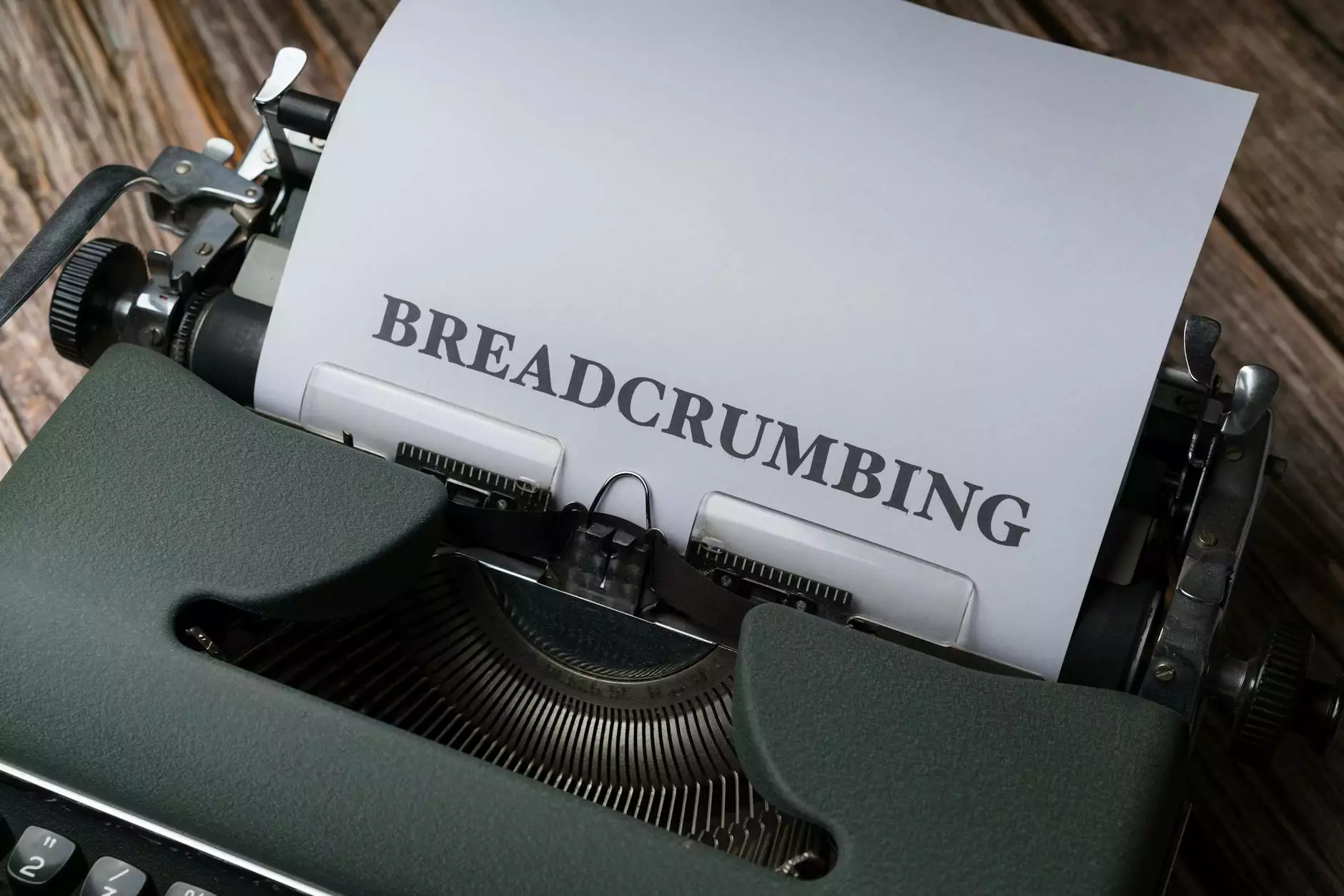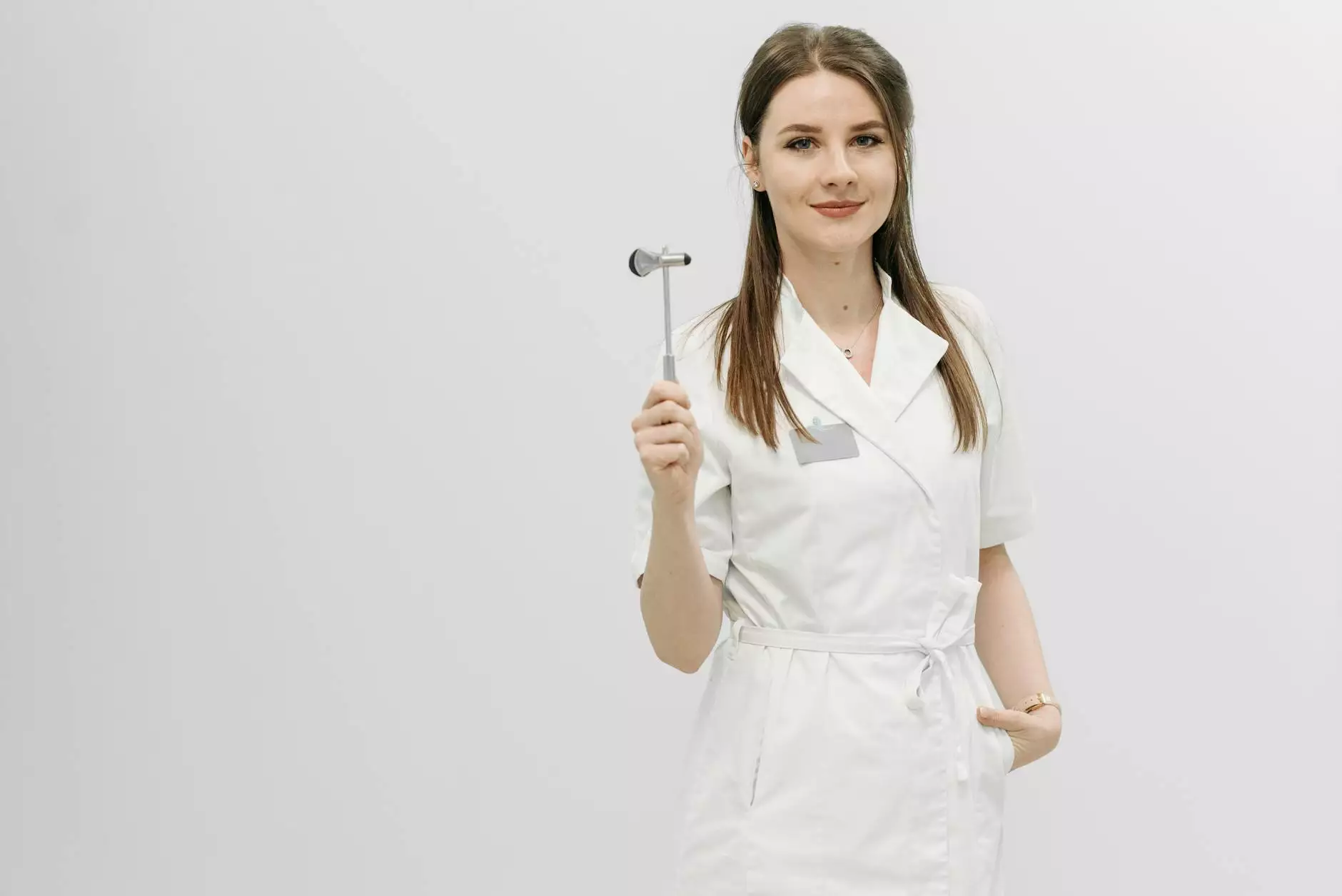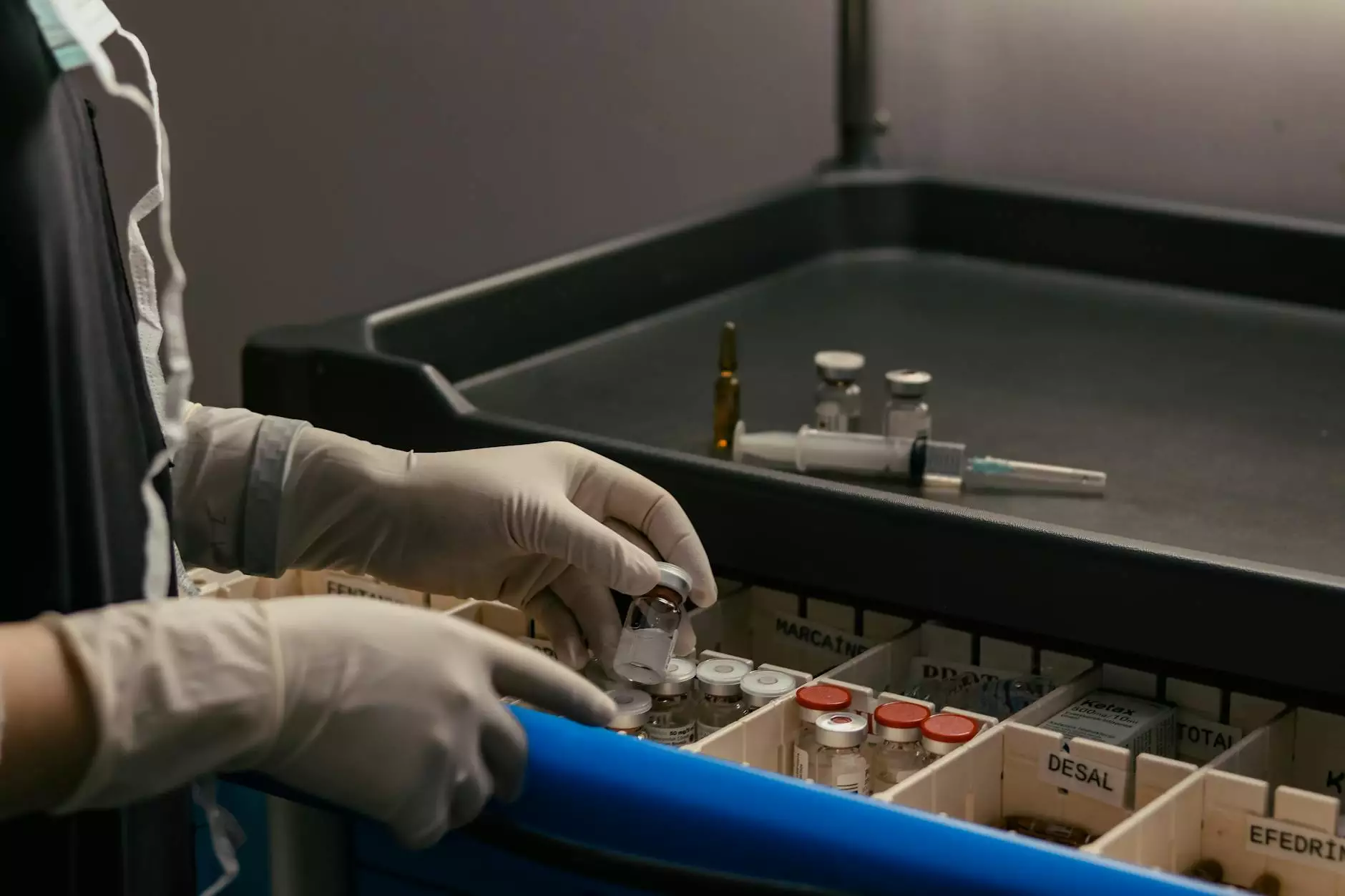Understanding HGH Muscle Injection: A Comprehensive Guide for Pet Owners

In recent years, the concept of HGH muscle injection has gained traction not only in human fitness but also within the realm of veterinary science. As pet owners become more attuned to the health and well-being of their furry companions, understanding the implications and applications of HGH therapy for animals is essential. This article aims to provide an in-depth look at HGH muscle injection in pets, exploring its benefits, risks, and the role of veterinary professionals in administering this treatment.
What is HGH?
Human Growth Hormone (HGH) is a naturally occurring hormone produced by the pituitary gland. It plays a vital role in growth, body composition, cell repair, and metabolism. While commonly associated with human health, its veterinary applications are becoming increasingly explored in fields such as veterinarians and pet health services.
The Role of HGH Muscle Injection in Veterinary Medicine
The potential benefits of HGH muscle injection in pets, particularly dogs and cats, extend to several areas, including:
- Muscle Development: HGH can promote muscle growth and repair, aiding athletic performance and recovery.
- Weight Management: It supports fat metabolism, which can help in achieving optimal weight.
- Bone Density: HGH contributes to improved bone density, beneficial especially for older pets.
- Skin and Coat Health: Enhanced skin elasticity and coat condition are noted effects.
Benefits of HGH Muscle Injection
There are numerous potential benefits associated with the use of HGH muscle injection in pets. Some of these include:
- Increased Muscle Mass: Similar to its use in humans, HGH can lead to significant gains in muscle mass in pets, particularly in working and sporting animals.
- Enhanced Recovery: HGH may accelerate recovery from injuries and surgeries, reducing downtime for pets.
- Improved Quality of Life: Pets suffering from age-related ailments may experience increased vitality and energy levels.
- Support for Hormonal Imbalances: In cases where pets exhibit deficiencies in growth hormone, HGH injection can help restore balance.
How is HGH Muscle Injection Administered?
The administration of HGH muscle injection should always be supervised by a qualified veterinarian. Here’s how it typically works:
- Evaluation: Vets conduct a thorough examination to determine if HGH therapy is appropriate for the pet’s condition.
- Dosing: The dosage and frequency of injections will depend on the individual needs of the pet, which will be decided by a veterinary professional.
- Monitoring: Regular follow-ups are essential to monitor the pet’s response to the treatment and adjust dosages as necessary.
Precautions and Considerations
While the benefits of HGH muscle injection are promising, it is important for pet owners to be aware of potential risks and side effects, which may include:
- Injection Site Reactions: Like any injection, some pets may experience redness or swelling at the injection site.
- Hormonal Imbalances: Overuse of HGH can lead to adverse hormonal effects.
- Cost: HGH therapy can be expensive, and long-term commitments may be required.
Choosing the Right Veterinarian for HGH Therapy
When considering HGH muscle injection for your pet, it’s crucial to select a veterinarian experienced in hormonal therapies. Here are some factors to consider:
- Experience: Look for veterinarians who have a solid background in endocrinology and have administered similar therapies.
- Reputation: Seek recommendations from other pet owners and look for reviews online.
- Approach to Care: Find a vet who takes a holistic approach to pet health, ensuring all aspects of your pet’s life are considered.
Success Stories: Pets Who Have Benefited from HGH Injections
Numerous cases illustrate the positive impact of HGH muscle injection on pets:
- Max, the Labrador: After a successful surgery, Max received HGH injections that facilitated a quicker recovery and restored his energy levels.
- Bella, the Cocker Spaniel: Bella struggled with age-related muscle loss. With HGH therapy, her muscle mass improved significantly, enhancing her overall mobility.
- Rocky, the Doberman: Rocky's performance in competitive events improved markedly after starting HGH injections, leading to his best season yet.
Conclusion: Is HGH Therapy Right for Your Pet?
Ultimately, the decision to pursue HGH muscle injection for your pet should be made collaboratively with your veterinary team. Considering the potential advantages, it can be a viable option for pets needing additional support in muscle development, recovery, and overall vitality. Always ensure that any treatment plan is tailored specifically for your pet’s unique needs, and never hesitate to seek a second opinion if unsure.
Further Reading and Resources
For more information on HGH muscle injection and overall pet health, consider checking out:
- Veterinary Focus: Journals that cover the latest in veterinary science.
- Local Animal Clinics: Many clinics offer resources on various therapies available for pets.
- Pet Health Websites: Resources like the American Veterinary Medical Association can provide insights into hormone therapy.
As the field of veterinary medicine continues to evolve, staying informed about the potential treatments available for our pets is crucial. The best course of action is to consult with professionals dedicated to offering top-tier care for your beloved companions.









